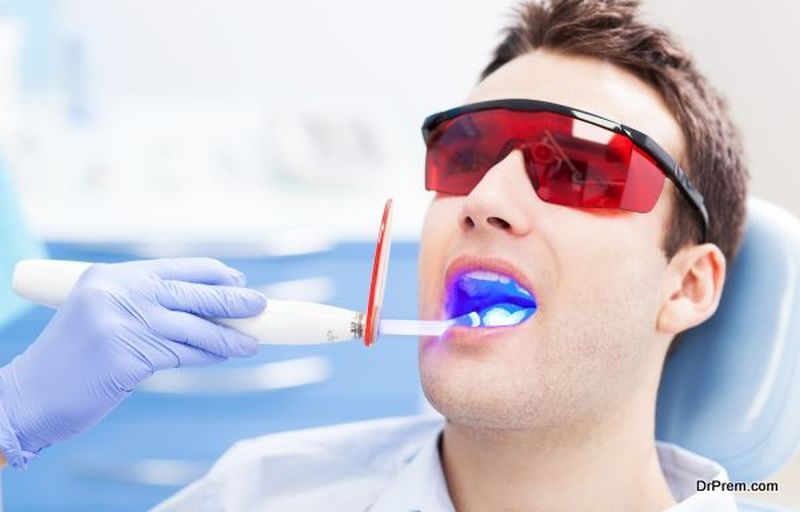Having pearly whites is about more than just vanity. Maintaining healthy teeth, gums and taking care of your overall dental health can actually result in a healthier lifestyle. Many researchers believe that your dental health directly relates to the health of your entire body. Good oral hygiene has also been said to prevent the onset of certain diseases and medical conditions.
Here we’ll examine how to promote your oral health and some common conditions and procedures.
Routine Dental Hygiene for better dental health
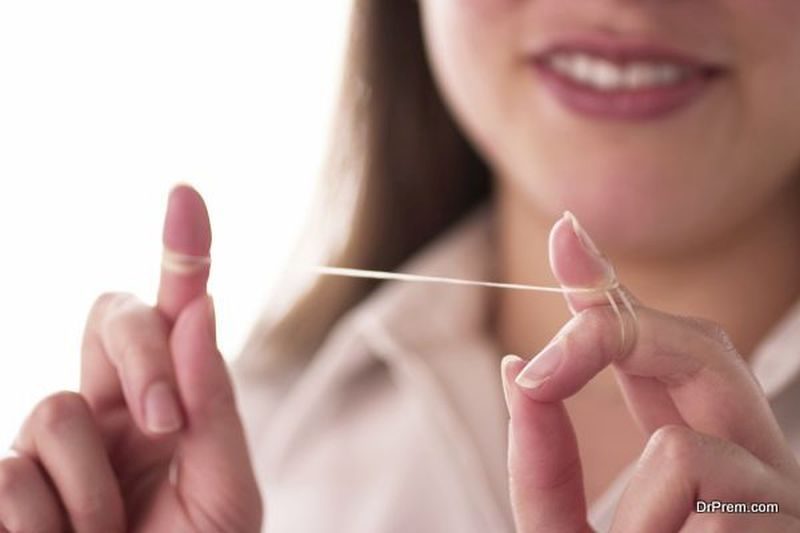
Your first line of defense against dental complications is practicing basic dental hygiene. This means regularly brushing and flossing after meals and caring for your teeth and gums. It’s recommended you brush your teeth twice a day, preferably between 30 and 60 minutes after eating. Brushing is what helps to remove plaque from your teeth. Plaque is a film of bacteria that sticks to the surface of your teeth, creating an acid. If left, this acid will eventually lead to cavities
In addition to brushing, flossing is an important part of your dental hygiene routine. Floss helps to remove plaque and bacteria between teeth and from other areas your toothbrush can’t reach. It’s recommended you floss once a day. Rinsing is another way to help keep your teeth and gums healthy. You can use either an antibacterial or fluoride rinse. Both are designed to reduce unwanted bacteria in the mouth, which helps to prevent the build up of plaque and prevent gum disease.
The Proper Diet

One reason to keep your teeth healthy is so that you can efficiently and properly chew your food. But did you know that the food you eat can actually promote healthy teeth also? It’s no big surprise that sugary foods and candy aren’t good for your teeth. But did you know that starches can also cause damage? That’s because both sugars and starches produce acid in your mouth and it’s this acid that, over time, creates plaque. And what makes matters worse is that people tend not to brush their teeth after snacks, which is normally when snack containing sugar and starch are consumed.
So you know what foods to avoid but did you know that certain foods can actually promote dental health? Here are just a few:
- Apples
- Almonds
- Celery
- Carrots
- Leafy greens
- Yogurt
- Cheese
Most of these foods are high in protein and calcium, which help to strengthen tooth enamel.
Regular Check-Ups
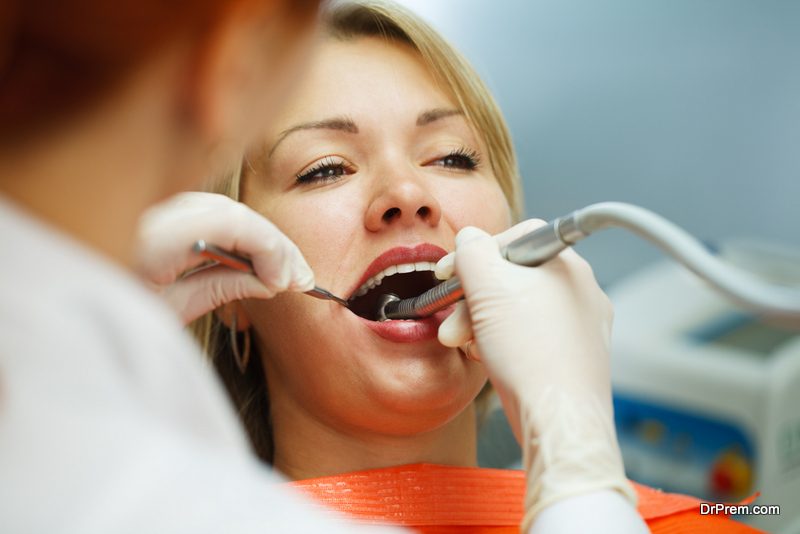
It’s recommended that you see a dentist at least once every six months for a routine cleaning. Your dentist will clean your teeth extensively using professional tools that remove the plaque left behind after brushing and flossing. The dentist will also check for any cavities or other complications. If you are experiencing any pain, discomfort or sensitivity in your tooth in between visits, be sure to call your dentist. This can help avoid further complications and will not let tartar or plaque rob you off your smile.
Common Dental Issues and Remedies
Here are some common dental issues and procedures you may encounter.
Bonding
Though your tooth enamel is one of the strongest substances in the human body, it can wear down over time. This happens mostly due to consuming acidic foods and beverages. Thin enamel is extremely sensitive to hot and cold and can even chip if it becomes thin and weak. Bonding is a restorative procedure where dentists use plastic (composite resin) that matches the color of your tooth. Your dentist can perform bonding in the office and repair teeth that are discolored, chipped, fractured, or decayed.
Caps and Crowns
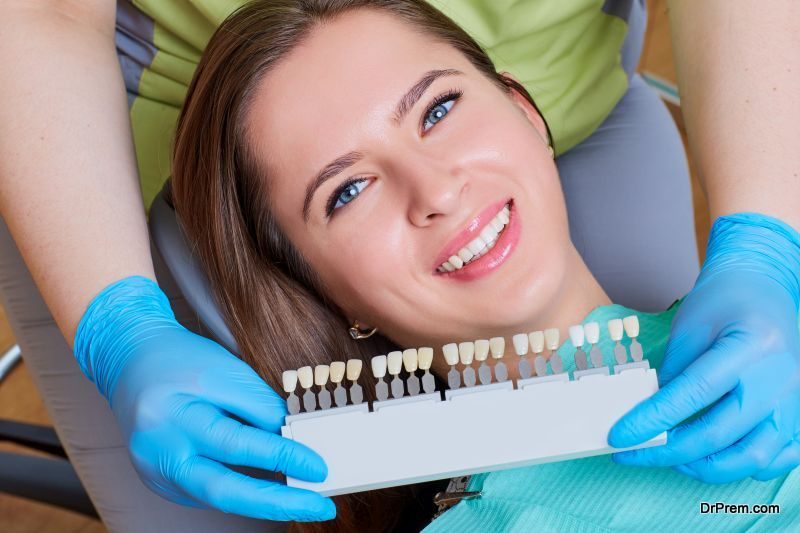
If you have a cracked or broken tooth, your dentist might suggest a dental crown, which are also known as caps. These caps are designed to protect the damaged tooth and cover the entire tooth above the gum line.
Fillings
One of the most common restorative procedures for teeth is a cavity filling. This procedure uses restorative material, similar to that used for bonding, to fill and repair teeth affected by cavities or trauma. This is a simple, in office procedure.
Bridges and Implants
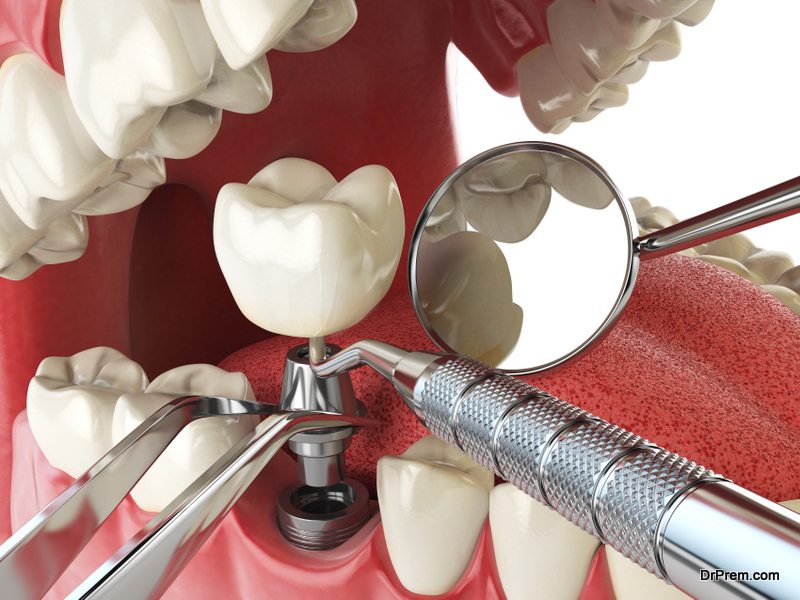
If you’ve lost a tooth due to an accident or decay, bridges and implants are two replacement options. Implants are artificial roots that support replacement teeth. A bridge are false teeth that are attached to neighboring teeth. Generally, bridges consist of two crowns on the surrounding teeth, and one crown on the center of the false tooth.
Sealants
If your teeth are at risk of decay along the top, or chewing surface, your dentist may suggest a sealant. Sealants, like bonding material, are made of plastic that matches the color and texture of the tooth. Most often, sealants are applied to teeth in the back of the mouth.
Veneer
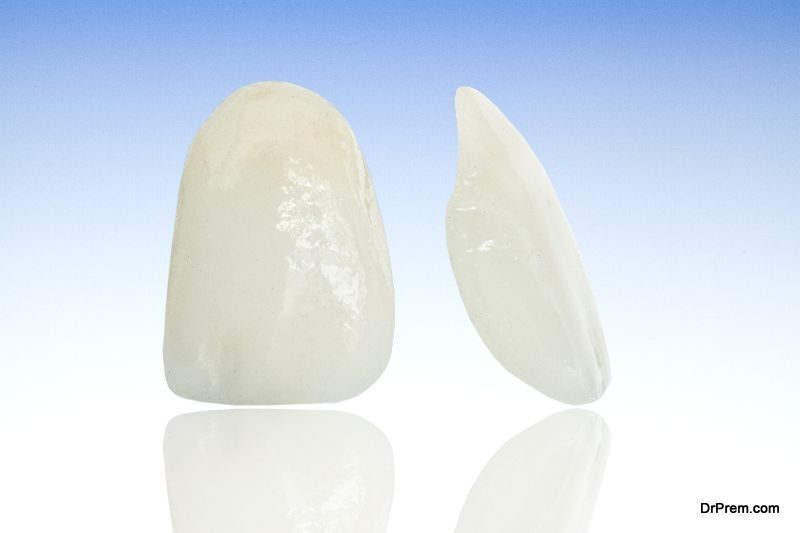
Similar to bonding, veneers are used to repair chipped, stained, or decaying teeth. Veneers are made of strong but thin pieces of ceramic or resin. Veneers are also used to help bridge large gaps or spaces between teeth.
Root Canal
This is also a relatively common procedure, addresses abscessed teeth, and treats oral diseases. If the tooth becomes injured, cracked, or decayed your dentist may need to open the tooth and clean the infected area, removing infected tissue. The area is then filled and sealed.
Braces
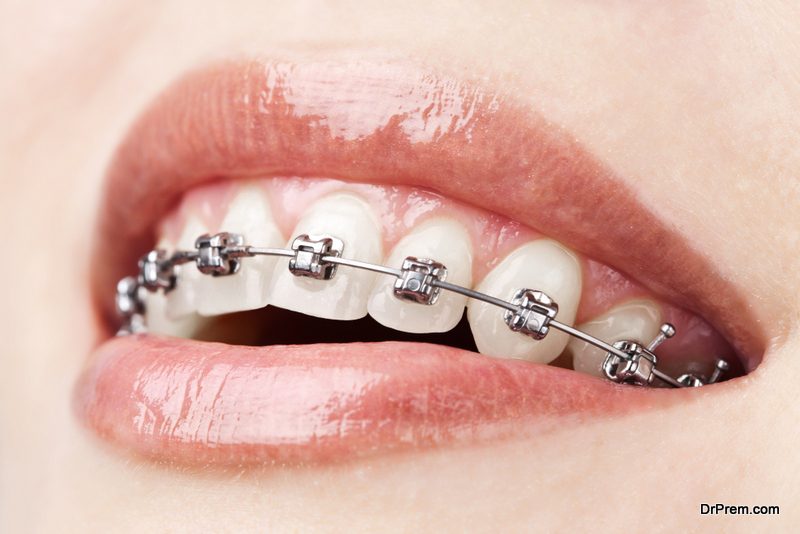
The need for braces will be determined by your dentist but will be applied and maintained by an orthodontist. Braces are used to realign crooked teeth or address issues such as overbite or underbite. Braces work by placing a small amount of pressure on the teeth over a long period of time. This helps teeth to naturally shift into place. Braces are often needed for younger children but may be required later in life.
Healthier Teeth Mean a Healthier You
Practicing dental hygiene is a must if you want to achieve optimum overall health. By caring for your teeth, you’ll avoid most dental issues related to decay, plaque buildup, or weakened enamel. Remember that what you put in your mouth is equally as important as what you don’t, so practice healthy eating habits as well. This will help you to tackle the oral health concerns you have.
Article Submitted By Community Writer


